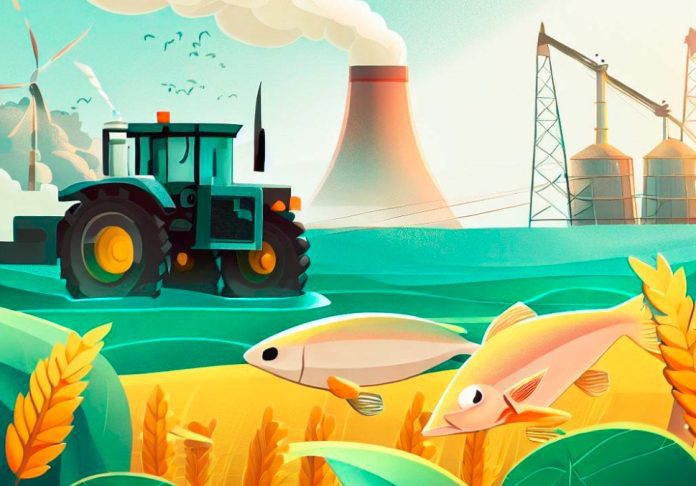News in brief: The World Bank is calling on governments to cut subsidies on agriculture, fossil fuels, and fisheries to combat climate change. It mentions the significant negative environmental impacts and urges subsidy reforms that favour the poor.
The World Bank has released a report urging world governments to cut their subsidies on agriculture, fossil fuels and fisheries to help fight climate change. It makes some incriminating arguments about how these subsidies have further ruined the environment in its ‘Detox Development: Repurposing Environmentally Harmful Subsidies’ summary.
For example, the entire direct government expenditure on agriculture, fossil fuels and fisheries is about $1.25 trillion. Meanwhile, the implicit cost, which includes environmental costs, health impacts, and how it affects people, is about $6 trillion.
So, at more than $7 trillion, governments are supporting 14% of global deforestation when they pay agriculture subsidies, helping kill about 7 million people prematurely when they pay fossil fuel subsidies, and reducing fish stocks when they subsidise fishery activities.
The organisation adds that government spending on fossil fuel is seven times more than what they commit to fighting climate change, per their Paris Agreement pledge. To address this, the World Bank is calling for subsidy reforms all over the world.
It wants countries to prioritise reforms that protect the vulnerable, build public acceptance, and that is transparent.
“The belief that subsidy reforms disproportionately affect the poor is not always supported by data. In some cases, such as energy subsidies, the wealthy benefit more due to their higher consumption,” it said.
However, it is important to note that the World Bank’s assessment and advisory is not tone-deaf. It understands that agriculture is important for feeding the world and employing about 1 billion people. This is why it is not calling for a complete cancellation of subsidies in the sector. Instead, it says that it could be better and made to promote efficiency, sustainability and equity.
It also mentions, in the full report, that the major problem is ‘open-access and common-pool nature’, which refers to unrestricted access to these finite resources. For countries that are looking to reform subsidy, the organisation advices them to do so in phases, setup social protection and compensation for price shocks that may arise, and redistribute revenue through long-term investments.



